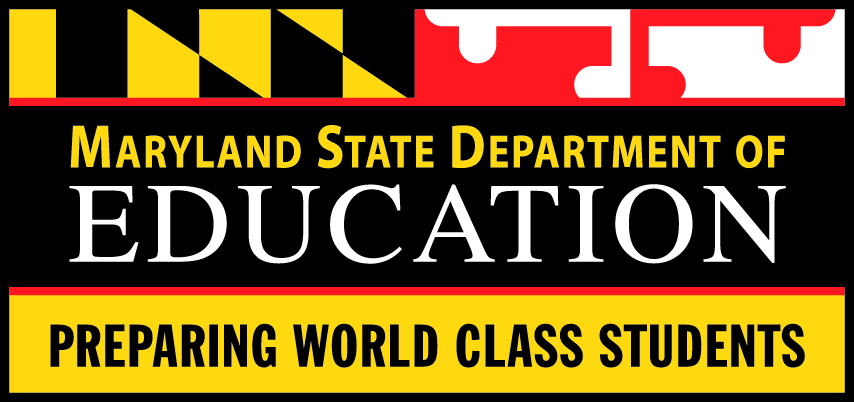Maryland politicians routinely claim to be champions of open government. After all, to suggest otherwise would imply they have something to hide and are thus unaccountable to their constituents.
These incentives help explain why during almost every legislative session Maryland politicians introduce and pass legislation that they claim will improve open government in Maryland. The problem is that the worse the open government legislation — the more it is riddled with loopholes and costly enforcement mechanisms that make it unenforceable — the more the General Assembly seems to support it.
This helps explain why, despite all the legislation purporting to improve open government, average citizen access to politically sensitive information has in recent decades gotten worse in Maryland.
In some areas of open government, such as providing information to corporations selling personal data (e.g., for marketing and debt collection), providing constituent services (e.g., information about garbage collection and public parks), and providing user-friendly, graphic-rich websites, open government has indeed improved. Yet for the most important type of open government in a democracy and what politicians promise when they run for office — information that allows constituents to hold them accountable, the third-rail of open government politics — politicians have been engaging in make-believe.
Consider my recent experience illustrating how Maryland’s open government laws really work when politically sensitive information is requested.
In early March 2020, K-12 schools began transitioning to online instruction in response to COVID-19. Parents were very upset — and would continue to be through the fall 2020 semester — with the quality of online instruction provided by in-district staff. In response, I filed a series of Public Information Act requests with the Anne Arundel County Public Schools and the Maryland State Department of Education seeking to learn about the options they provided students for taking online courses from outside vendors.
K-12 schools had long provided such courses for special-use situations such as pregnant students who couldn’t attend school (state and federal law requires such students be offered instruction), students who had failed a course and were in danger of dropping out, and students with a legitimate need to take a course that couldn’t be provided locally.
The dirty little secret was that students were only allowed to take such online courses if they cost only a small fraction of what in-house, in-person courses cost. Higher quality online courses that cost as much as in-person instruction were effectively banned.
So much for the favorite PR soundbite in K-12 education compensation politics: “You get what you pay for.” The unspoken caveat is that it only applies to in-district educators; otherwise, cheap is good.
Despite the low quality of outside online courses, the quality of online in-district instruction after COVID struck was often so abysmal that demand for the outside online courses would have skyrocketed if parents had been allowed to take them. Instead, the budget for such courses was cut. A program that was designed to cut costs and generate funds to pay for in-district school staff was suddenly reconceptualized by those staff as a direct threat, which it was.
This line of inquiry — that school staff were acting against the interests of students to preserve their jobs and higher pay — was not one that the Anne Arundel school system or MSDE wanted to encourage, so they stonewalled and otherwise failed to comply with my public information requests.
The latest was a six-month MSDE delay in even responding to my Public Information Act request — and then with all the correspondence among public officials redacted except for piles of header information (e.g., who dozens of emails spanning MSDE were to: and from:). In effect, they provided a classic non-response response, like politicians who publicly pretend to answer a question they in fact refuse to answer.
Businesses and labor unions might have an incentive to go to court to access public information, but citizens trying to hold their government accountable won’t — as astute Maryland government agencies know; after all, that’s how the Maryland General Assembly designed the system to work.
What should be done?
Maryland’s PIA ombudsman was supposed to help with these sorts of problems. But in practice, her office has been designed to merely delay and waste the time of citizens seeking politically sensitive information under the PIA. Public information officers, who are nominally paid to implement the PIA, are in fact paid to do the opposite when responding to requests for such information.
In this, they can utilize the many vague PIA exemptions ripe for abuse combined with their knowledge of the impracticality of PIA enforcement. For anyone other than well-heeled special interests, the courts are uselessly slow, prohibitively expensive, and designed to favor the government agencies with their large staff of in-house lawyers willing to play hardball.
In my judgment, the Public Information Act is broken and cannot be fixed. I recommend two solutions to dramatically reduce the PIA’s importance as a mechanism for the public to access politically sensitive government documents.
First, provide protections for agency experts and whistleblowers so they can share public information with the public; for example, by making it illegal for an agency to tell its staff that outside requests for potentially controversial information should be directed and monitored via its PR (i.e., “public information”) office.
Second, publish public information proactively online to make after-the-fact public information requests unnecessary. This would include politically sensitive but nominally public information such as government employee compensation, online course quality metrics, and well-structured downloadable voting records for public officials.
The next time a Maryland politician claims to champion open government by enhancing Maryland’s Public Information Act, ask them why that’s the best mechanism to share politically sensitive information.
The complexity, ambiguity and unenforceability of Maryland’s Kafkaesque open government laws have been tailor-made for politicians seeking open government bragging rights while in fact subverting open government.
Maryland needs a more effective open government paradigm.

Source: Snider, J.H., Maryland Needs a New Open Government Paradigm, Maryland Matters, October 29, 2021.

